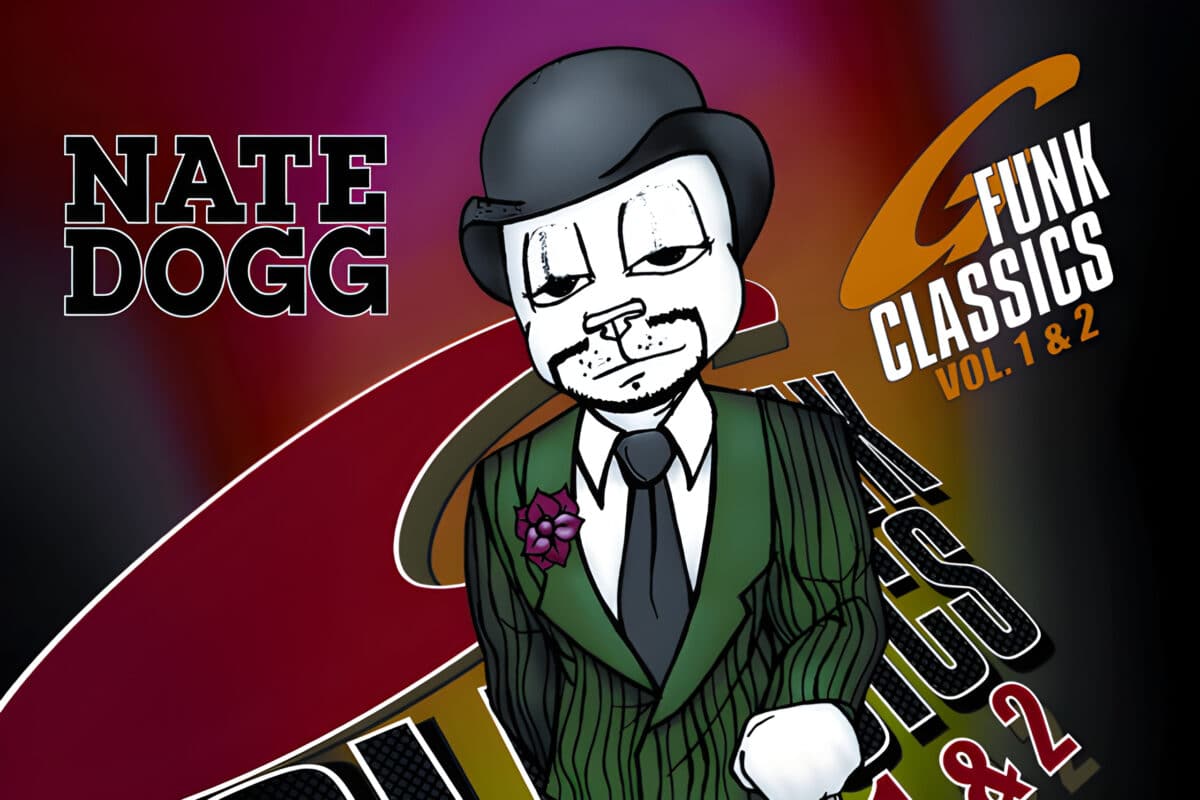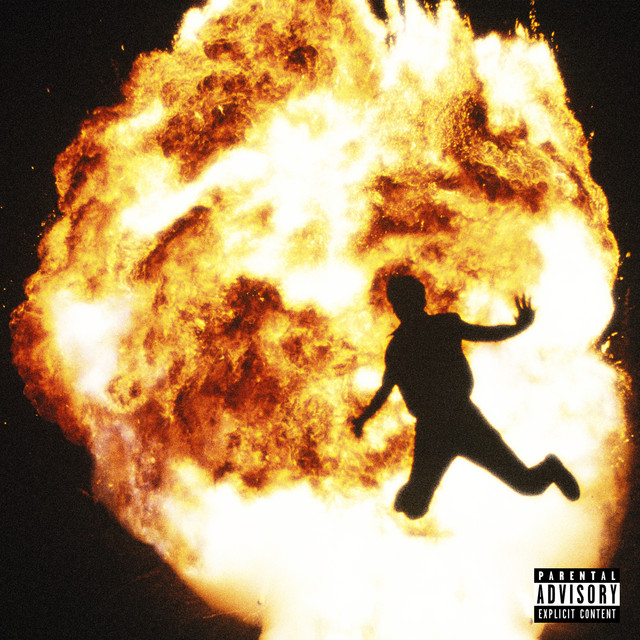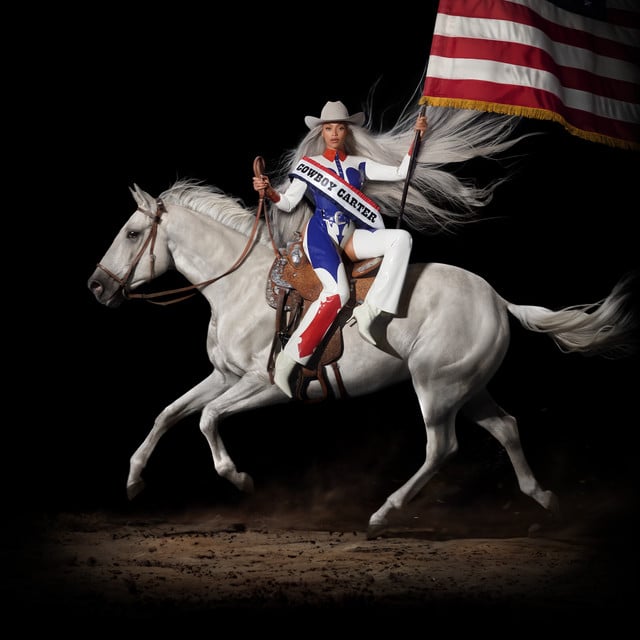Released: 1998
Nate Dogg’s song “Because I Got a Girl” is a cheeky exploration of fidelity, attraction, and social norms surrounding relationships. It is laced with themes of infidelity and the double standards often present in romantic partnerships, set against a backdrop of classic West Coast hip-hop rhythms. Nate Dogg blends honesty with swagger, discussing his own indiscretions while observing those of his partner.
The hook of the song, “Because I got a girl, don’t mean we can’t talk / Because I got a girl, don’t mean I won’t break you off,” captures the central conflict in Nate Dogg’s narrative. It’s a provocative line that acknowledges having a committed partner doesn’t necessarily end flirtatious engagements with others. Here, “break you off” is slang for getting involved physically or sexually, implying a non-committal attitude despite the presence of a primary romantic partner.
The first verse paints a picture of mutual indiscretion. Nate Dogg uses the phrase “when the cats away, the mice will play” to introduce the idea that people tend to act freely when they believe they’re not being watched. He then accuses both himself and his partner of creeping around, essentially engaging in covert affairs while being out of each other’s sight. His candid observation about noticing his partner “check in” as he “checks out” suggests a sort of begrudging acceptance of the mutual betrayal.
In the repeated chorus, Nate Dogg doesn’t shy away from his blatant flirtations. It’s an honest admittance of his desire to maintain romantic interactions with others, which is reinforced by the repeated urging to “heed it,” or pay attention and meet him. This demonstrates his intention to keep things casual and exploratory, suggesting that relationships are as flexible as the parties involved allow them to be.
Moving into the next verse, Nate Dogg shares a cynical perspective on relationships, reflecting on past experiences with women whom he refers to as “bitches,” indicating a certain disdain. It’s a common hip-hop vernacular at the time that can carry derogatory connotations but also represents frustration or mistrust within a relationship. He makes it clear that past betrayals have shaped his view, insinuating that people tend to deceive, which perpetuates a cycle of mistrust.
He calls out what he perceives as manipulation—”trying to split a brother from his grip”—indicating that the women he dealt with in the past had ulterior motives, perhaps for money or personal gain. “Grip” here refers to control or finances, showing Nate’s skepticism towards those around him.
As the verse continues, Nate maintains his brash honesty, noting the attentiveness of others, “bustaz watchin me,” as he suggests he won’t be caught slipping or making mistakes. The self-assured attitude here suggests an awareness of being under scrutiny, which ties back to the overarching theme of deception and betrayal in relationships.
Interestingly, Nate refuses to shout out his “favorite girl,” acknowledging her as a “trick,” which denotes someone untrustworthy. This further illustrates his belief that many people have hidden agendas in relationships, making them unreliable. He wryly concludes that he can’t shout out to the girl without also mentioning the “nigga she’s sneakin with,” implying that deceit often involves multiple players.
Returning to the chorus, Nate Dogg emphasizes again that having a committed relationship doesn’t preclude him from entertaining other romantic pursuits. This repeating section acts as both a refrain and a reminder of his philosophy about love and fidelity, continuing to assert that conversations and more can happen despite existing commitments.
The closing lines reflect a kind of jaded perspective on love—”Cuz I have never met a girl / that I love in the whole wide world.” It suggests a universal disillusionment with romance, indicating perhaps why he holds the views expressed in the song. This conclusion encapsulates his distrust in relationships, closing out with an understanding that his romantic endeavors remain non-committal. Nate Dogg’s track becomes a candid introspection of the complexity and often double-sided nature of modern relationships, reflecting both personal experiences and broader social attitudes of his time.






